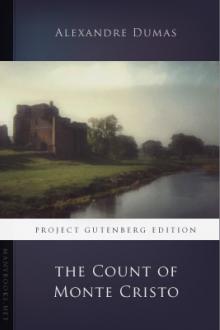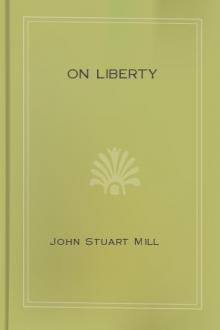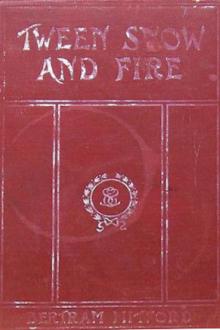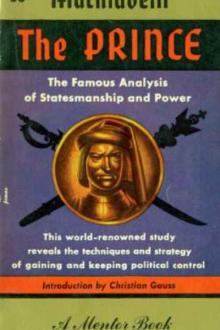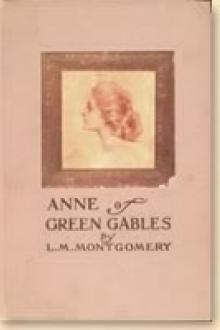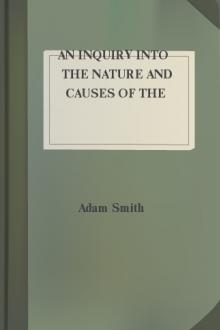American Eloquence, Volume I
American Eloquence, Volume I
Studies In American Political History
Edited with Introduction by Alexander Johnston. Re-edited by James Albert Woodburn
Book Excerpt
cut, Virginia, North Carolina, and Georgia, the States which
claimed to extend to the Mississippi on the west and cherished
indefinite expectations of future growth, were the "large" States. They
desired to give as much power as possible to the new national
government, on condition that the government should be so framed that
they should have control of it. The remaining States were properly
"small" states, and desired to form a government which would leave as
much power as possible to the States. Circumstances worked strongly in
favor of a reasonable result. There never were more than eleven States
in the convention. Rhode Island, a small State, sent no delegates. The
New Hampshire delegates did not appear until the New York delegates
(except Hamilton) had lost patience and retired from the convention.
Pennsylvania was usually neutral. The convention was thus composed of
five large, five small, and one neutral State; and almost all its
decisions were the outcome of judicious compromise.
The large States a
Editor's choice
(view all)Popular books in Politics, History
Readers reviews
0.0
LoginSign up
Be the first to review this book
Popular questions
(view all)Books added this week
(view all)
No books found
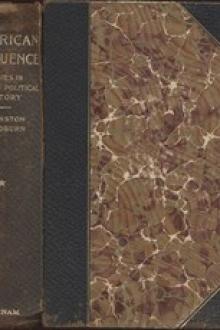
 Free Download
Free Download













